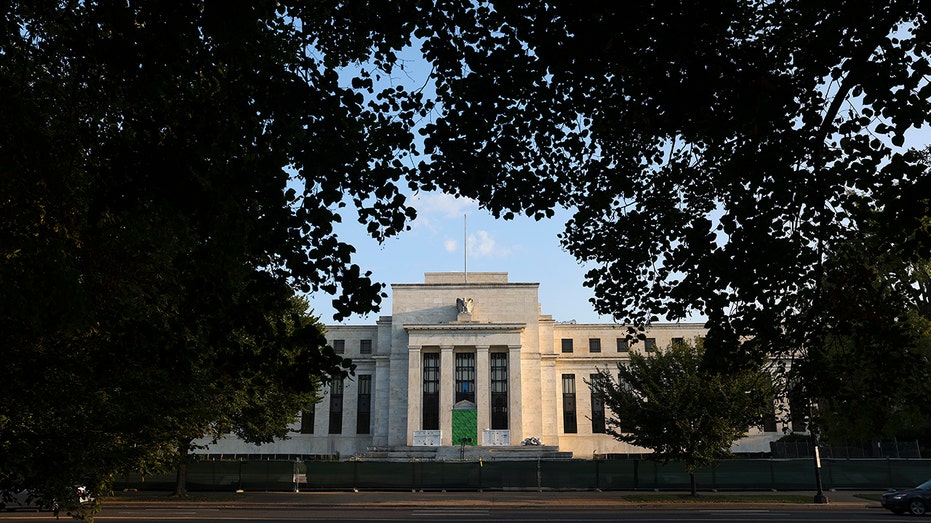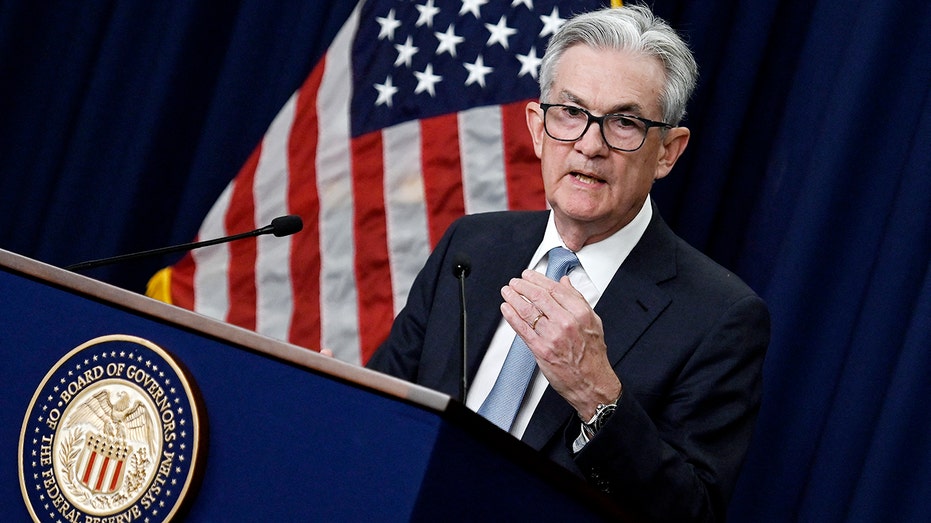Bear market likely to last in 2023 as Fed raises interest rates higher
Recession fears likely to further rattle US stock market in 2023
Inflation isn't going down 'as much as the market hopes for': Jason Katz
UBS managing director and senior portfolio manager Jason Katz says the longer the Fed stays hawkish, the higher the chances are for a recession.
A brutal year for the U.S. stock market is coming to an end, but investors hoping to see a brighter 2023 may be out of luck.
Although hopes of moderating inflation and the prospect of smaller interest rate hikes by the Federal Reserve have buoyed stocks in recent weeks, the relief rally has quickly faded as Wall Street weighs the increased likelihood of a recession next year.
The S&P 500 is down more than 20% so far this year, while the Dow Jones Industrial Average has plunged more than 3,800 points. The tech-heavy Nasdaq Composite, meanwhile, has tumbled about 33%.
But the bear market is likely to continue into 2023, according to James Demmert, the chief investment officer at Main Street Research, after Fed Chairman Jerome Powell indicated last week that interest rates could climb higher than previously anticipated.
ECONOMIC INDEX FLASHES MAJOR RECESSION WARNING SIGN

The Federal Reserve Board Building (Kevin Dietsch/Getty Images/File / Getty Images)
"The Federal Reserve remains committed to taming inflation by keeping monetary policy tight, as Jerome Powell emphasized in his press conference, which is not great news for the stock market and supports the bear market continuing into 2023," Demmert said.
Fed policymakers voted last week to raise the benchmark interest rate by 50 basis points to a range of 4.25% to 4.5%, slowing their campaign to cool the economy amid early signs that stubbornly high inflation is finally starting to ease.
However, officials also laid out an aggressive path of rate increases for next year: new economic projections released after the two-day meeting show policymakers expect rates to rise to 5.1% in 2023, a far higher level than the 4.6% rate officials last projected in September, according to the Federal Open Market Committee's (FOMC) dot plot of individual members' expectations.

Federal Reserve Chair Jerome Powell (Olivier Douliery/AFP via Getty Images/File / Getty Images)
"The committee anticipates that ongoing increases in the target range will be appropriate in order to attain a stance of monetary policy that is sufficiently restrictive to return inflation to 2% over time," the FOMC said in its statement.
The quarterly forecasts indicate the U.S. central bank will not cut interest rates until 2024, to a rate of about 4.1%.
Officials also indicated that economic growth will slow sharply next year and that unemployment will march substantially higher to a rate of 4.6% as rates hikes bring the U.S. to the brink of a recession. The Fed expects the jobless rate to remain elevated in 2024 and 2025 as steeper rates continue to take their toll by pushing up borrowing costs.
CLICK HERE TO READ MORE ON FOX BUSINESS

Trader works on the floor at the New York Stock Exchange, Dec. 14, 2022, in New York. (AP Photo/Julia Nikhinson / AP Images)
Like many others on Wall Street, Demmert anticipates the Fed will trigger a recession in 2023 with its steep rate increases, as inflation remains well above the U.S. central bank's preferred 2% target despite a small respite in consumer prices last month.
"Our main message to investors is to be cautious," Demmert said. "The Fed is trying to engineer a soft economic landing that, in our view, has a high likelihood of failing and causing a recession in 2023. The Fed would like inflation to settle at 2%, and it’s hard to imagine that happening without a recession and much higher unemployment."





















